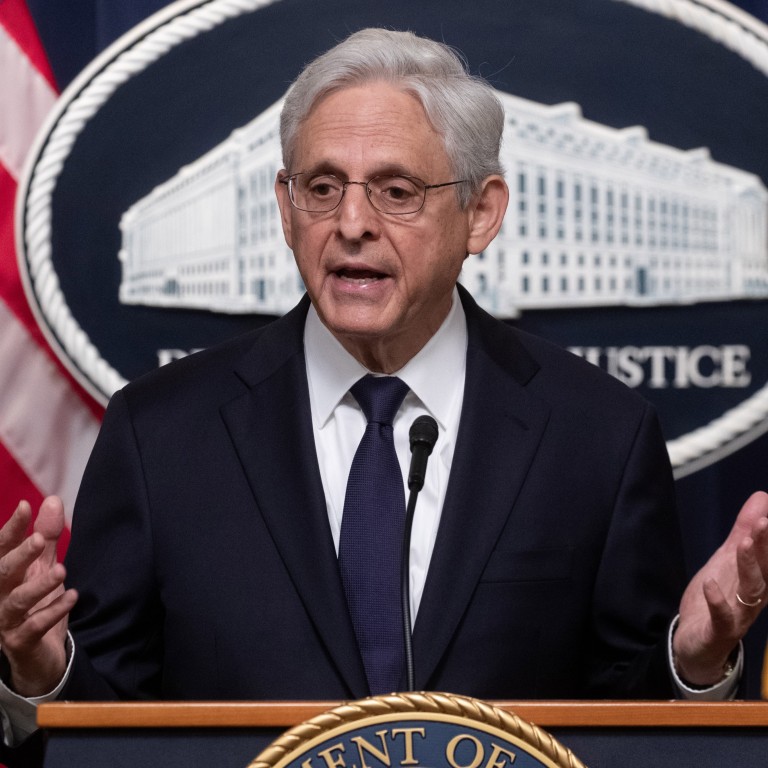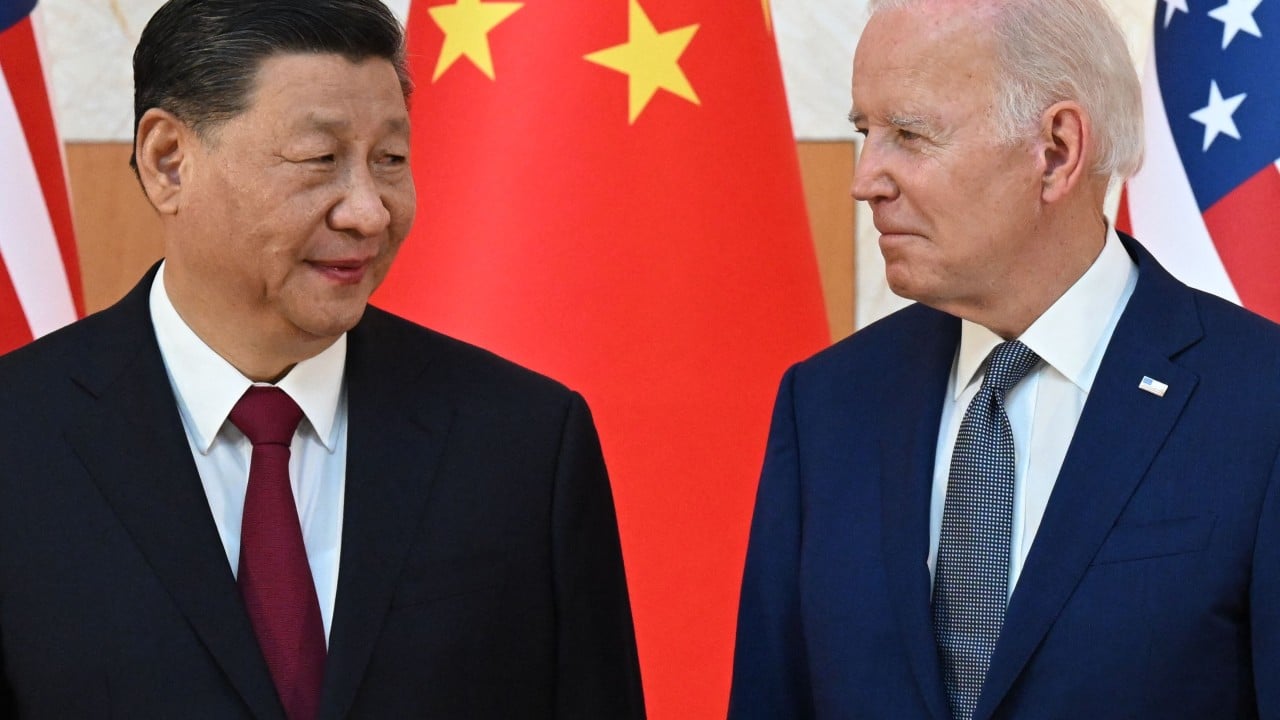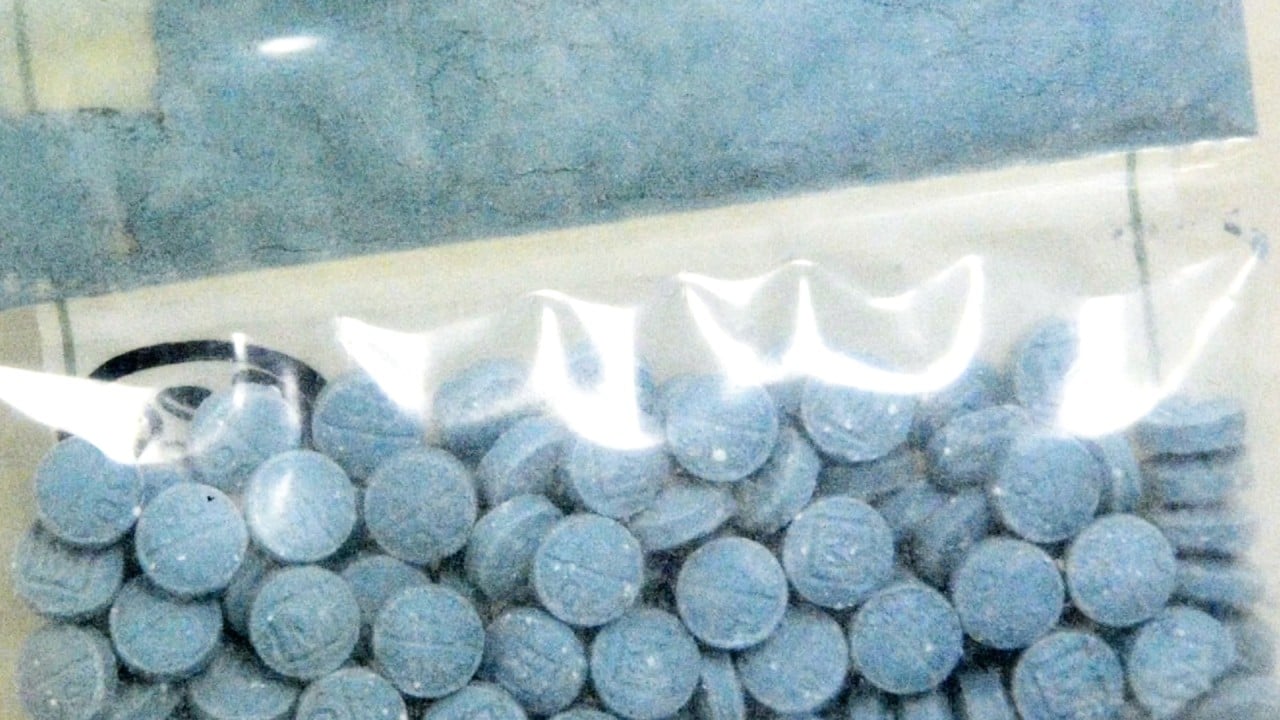
Impact of a US-China breakthrough on the fentanyl crisis would transcend public health
- It would arrest the free fall in bilateral relations and show the world the two powers can still cooperate on transnational issues
- But first, both Beijing and Washington must effectively manage their domestic interests and internal politics
US Secretary of State Antony Blinken’s recent visit to Beijing saw discussions on many issues with Chinese leaders. One was the illicit trade in fentanyl, a lab-made opioid, abuse of which has reached crisis levels in the United States. I believe we are likely to see a breakthrough on this soon.
For the world economy to recover quickly and supply chains to function fully and smoothly again after the dreadful pandemic years, people all over the world urgently need to see that possibility to shore up confidence in investment and consumption.
To achieve a breakthrough in the fentanyl issue, an understanding of the societal issues and deep causes that influence policymakers is a prerequisite.
Various interest groups have formed in China since economic reforms started over 40 years ago. An entrenched political elite has a keen interest in maintaining the present political structure and its networks of power.
These interest groups potentially view the fentanyl crisis as a uniquely American problem. The pharmaceutical industry has enormous influence in the US politics. Over-use of medication is also a problem in the country. Chinese political elites might be of the opinion that the US should deal with its crisis itself.
The Chinese leadership must balance these competing interests when making major policy decisions.
However, China needs to pursue goals beyond its own interests to become a new superpower, cement President Xi Jinping’s legacy as a great leader and continue Communist Party rule.
One of Xi’s goals is to form a major-country relationship with the US. This means China becoming a responsible superpower with its own economic might. Helping the US on the fentanyl crisis would not only earn China respect and trust in the US and start a better friendship cycle, but also enhance China’s global image and elevate Xi’s legacy.
For example, the legislative branch of the US government has been getting too involved in international relations. The US Constitution grants some foreign relations powers exclusively to the executive branch, such as the command of the military. The involvement of Congress in foreign policy has been a source of tension between the legislative and executive branches.
The US president has the power to initiate and implement foreign policy through responses to foreign events, proposals for legislation, negotiation of international agreements, and more. Congress should reserve itself to oversight of the executive branch in those aspects, and not supersede it.
Is US sincere in wanting better relations with China? Its actions say not
Global challenges require global solutions. Leaders from both China and the US must work together to address the transnational issues.
The fentanyl crisis is an example of a challenge that requires sincere cooperation between China and the US. China could introduce a world-class “know your customer” regime to its chemical industry to help combat this crisis. By doing so, China’s government could learn valuable lessons on industrial policy management and implementation, enhancing its own governing capabilities.
It is time for leaders to look at the bigger picture and act on these global challenges. The future of humanity depends on it.
Dong Lei is a non-practising solicitor in Hong Kong and is the principal at AB Highwood Consultants



